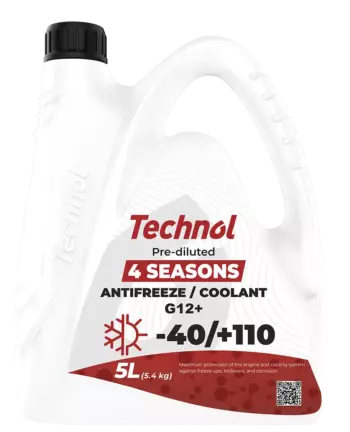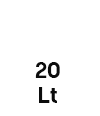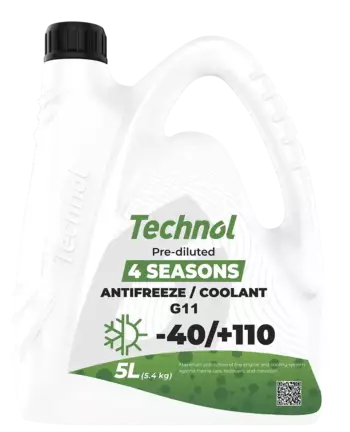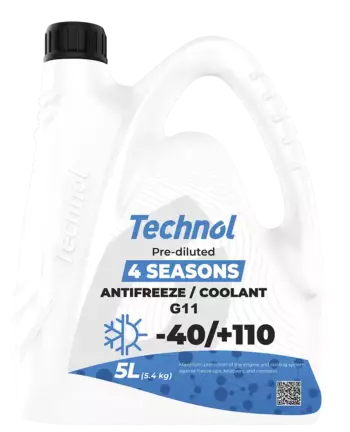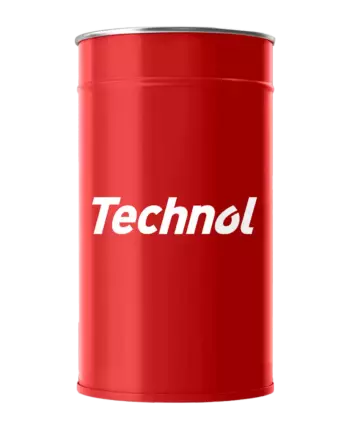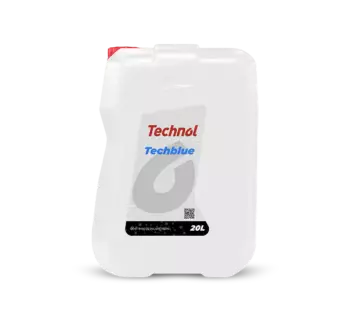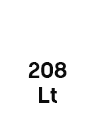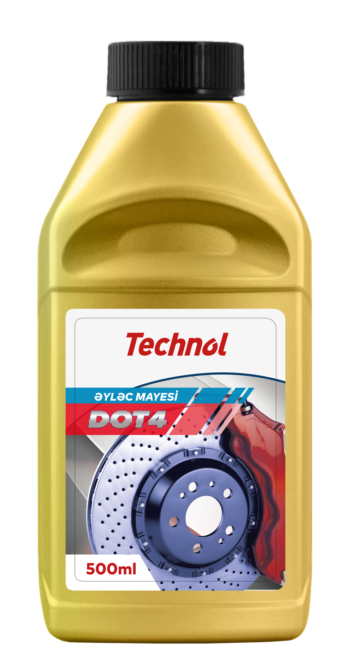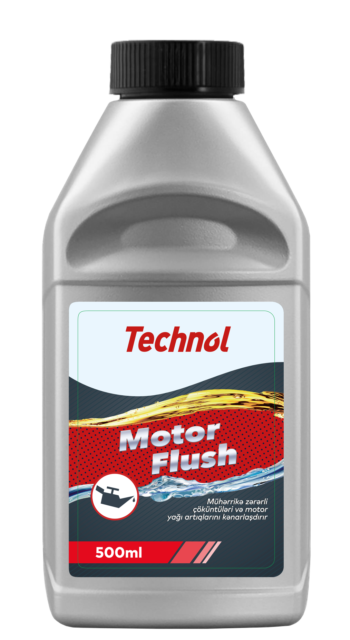Technical Fluid
Technical Fluids: A Complete Guide for Automotive and Industrial Systems
For the proper and long-lasting operation of vehicles and industrial equipment, technical fluids play a crucial role. They not only lubricate but also:
-
Cool the engine and maintain temperature balance.
-
Transmit pressure, ensuring control system functionality.
-
Protect against wear and corrosion.
-
Ensure safety by minimizing accident risks.
Without technical fluids, neither vehicles nor industrial systems can achieve high performance.
What Are Technical Fluids and What Functions Do They Serve?
Technical fluids are specially designed mixtures for various systems. Their main functions are:
-
Cooling – stabilizing high temperatures.
-
Pressure transmission – in hydraulic and brake systems.
-
Lubrication – reducing friction and extending component lifespan.
-
Corrosion protection – preventing rust and oxidation.
-
Sealing – minimizing pressure loss in systems.
Main Categories of Technical Fluids
Engine Coolants (Antifreeze)
The key fluid protecting the engine from overheating.
-
Main functions: cooling, frost protection, corrosion resistance.
-
Types: OAT (Organic Acid Technology), HOAT (Hybrid), Silicate-based antifreeze.
In Azerbaijan’s harsh climate, the correct antifreeze mixture directly extends engine life.
Brake Fluids (DOT Series)
One of the most critical fluids for vehicle safety.
-
DOT 3 – for standard cars.
-
DOT 4 – for high-performance passenger and commercial vehicles.
-
DOT 5.1 – for sports and specialized vehicles.
Replacement interval: every 20–24 months or when the fluid darkens.
Hydraulic Fluids
The main energy-transmitting medium in agricultural machinery, industrial equipment, and construction vehicles.
-
Classes: ISO VG 32, 46, 68.
-
Grades: HLP and HVLP for high-performance systems.
Practical case: a farm in Sumqayıt switched to ISO VG 46 and reduced tractor fuel consumption by 5%, increasing productivity.
Heat Transfer Fluids
Used mainly in industrial facilities:
-
Heating tanks,
-
Paint factories,
-
Heat exchangers.
Their key advantage is stability during long heating cycles.
Other Specific Technical Fluids
-
Transmission fluids – for smooth gear shifting.
-
Power steering fluids – for easier steering operation.
-
Industrial process fluids – for specialized production needs.
Factors to Consider When Choosing Technical Fluids
-
Manufacturer recommendations.
-
Climate conditions.
-
Usage intensity.
-
Maintenance schedule.
Advantages of Technol Technical Fluids
-
Compliance with API and ACEA international standards.
-
High oxidation resistance.
-
Energy-efficient formula.
-
Technology that extends engine and system lifespan.
Frequently Asked Questions
-
How often should fluids be changed? Antifreeze: every 2–3 years, brake fluid: every 20–24 months, hydraulic fluids: depending on usage intensity.
-
Which antifreeze is best for Azerbaijan? Ethylene glycol-based OAT and HOAT are recommended for mountainous and harsh climates.
-
How to choose hydraulic fluid? Based on system pressure, temperature range, and manufacturer’s advice.
-
Difference between DOT 4 and DOT 5.1? DOT 5.1 has a higher boiling point, suitable for sports and high-performance vehicles.
-
Why choose Technol fluids? They are internationally certified, providing maximum protection and durability.
Technical fluids are the foundation of safety, performance, and durability in both vehicles and industrial systems. Technol fluids stand out as a reliable, certified choice for all needs.
Showing all 9 results
Technical Fluids: A Complete Guide for Automotive and Industrial Systems
For the proper and long-lasting operation of vehicles and industrial equipment, technical fluids play a crucial role. They not only lubricate but also:
-
Cool the engine and maintain temperature balance.
-
Transmit pressure, ensuring control system functionality.
-
Protect against wear and corrosion.
-
Ensure safety by minimizing accident risks.
Without technical fluids, neither vehicles nor industrial systems can achieve high performance.
What Are Technical Fluids and What Functions Do They Serve?
Technical fluids are specially designed mixtures for various systems. Their main functions are:
-
Cooling – stabilizing high temperatures.
-
Pressure transmission – in hydraulic and brake systems.
-
Lubrication – reducing friction and extending component lifespan.
-
Corrosion protection – preventing rust and oxidation.
-
Sealing – minimizing pressure loss in systems.
Main Categories of Technical Fluids
Engine Coolants (Antifreeze)
The key fluid protecting the engine from overheating.
-
Main functions: cooling, frost protection, corrosion resistance.
-
Types: OAT (Organic Acid Technology), HOAT (Hybrid), Silicate-based antifreeze.
In Azerbaijan’s harsh climate, the correct antifreeze mixture directly extends engine life.
Brake Fluids (DOT Series)
One of the most critical fluids for vehicle safety.
-
DOT 3 – for standard cars.
-
DOT 4 – for high-performance passenger and commercial vehicles.
-
DOT 5.1 – for sports and specialized vehicles.
Replacement interval: every 20–24 months or when the fluid darkens.
Hydraulic Fluids
The main energy-transmitting medium in agricultural machinery, industrial equipment, and construction vehicles.
-
Classes: ISO VG 32, 46, 68.
-
Grades: HLP and HVLP for high-performance systems.
Practical case: a farm in Sumqayıt switched to ISO VG 46 and reduced tractor fuel consumption by 5%, increasing productivity.
Heat Transfer Fluids
Used mainly in industrial facilities:
-
Heating tanks,
-
Paint factories,
-
Heat exchangers.
Their key advantage is stability during long heating cycles.
Other Specific Technical Fluids
-
Transmission fluids – for smooth gear shifting.
-
Power steering fluids – for easier steering operation.
-
Industrial process fluids – for specialized production needs.
Factors to Consider When Choosing Technical Fluids
-
Manufacturer recommendations.
-
Climate conditions.
-
Usage intensity.
-
Maintenance schedule.
Advantages of Technol Technical Fluids
-
Compliance with API and ACEA international standards.
-
High oxidation resistance.
-
Energy-efficient formula.
-
Technology that extends engine and system lifespan.
Frequently Asked Questions
-
How often should fluids be changed? Antifreeze: every 2–3 years, brake fluid: every 20–24 months, hydraulic fluids: depending on usage intensity.
-
Which antifreeze is best for Azerbaijan? Ethylene glycol-based OAT and HOAT are recommended for mountainous and harsh climates.
-
How to choose hydraulic fluid? Based on system pressure, temperature range, and manufacturer’s advice.
-
Difference between DOT 4 and DOT 5.1? DOT 5.1 has a higher boiling point, suitable for sports and high-performance vehicles.
-
Why choose Technol fluids? They are internationally certified, providing maximum protection and durability.
Technical fluids are the foundation of safety, performance, and durability in both vehicles and industrial systems. Technol fluids stand out as a reliable, certified choice for all needs.


